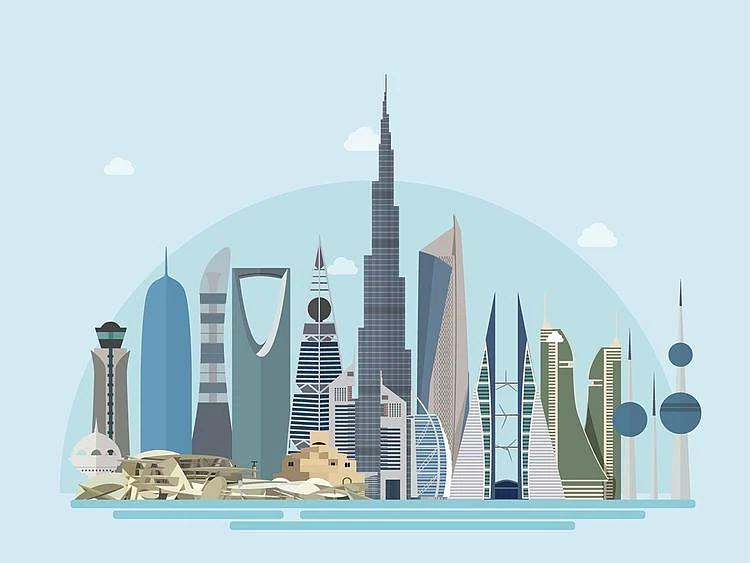Gulf economies are open to doing business with all
Series of strategic summits with key global partners are working to GCC’s benefits

Following the Gulf-US meeting, there were the meetings between the Gulf states and China as well as another with Russia. A Gulf summit with Central Asian countries is also expected, and likely to be succeeded by more dialogues with various international parties and economic blocs.
The outcomes and shifts that arise as a result are expected to bolster the economic and geopolitical standing of the GCC. When we look at the significant powers with whom the Gulf has been engaging in summits, it’s clear these diverse relations primarily serve the interests of the GCC states. This diversity fosters the right conditions for Gulf countries to benefit from global changes and an evolving multilateral international system being reshaped through current events and conflicts.
The first meeting with the US allow GCC countries to leverage the capabilities of the West, a traditional partner, especially in advanced technology, AI, and cutting-edge equipment supplies. Meanwhile, China has ascended as the GCC’s top trading partner. Given its role as the largest importer of Gulf oil and a significant market for exports of aluminium and petrochemicals, it’s challenging to envision a Gulf export growth without China. The Chinese market, in turn, satisfies many of the Gulf’s needs.
In the past five years, the Russian Federation has emerged as a strategic partner for the GCC in the energy sector, particularly in maintaining equilibrium in the oil markets and stabilising prices at levels consistent with producer interests. Achieving this requires cooperation and coordination between the Gulf and Russia. In addition to agreeing on augmenting investments and enhancing trade exchanges, the GCC countries - notably the UAE - have evolved into a tourist and investment hub for Russia. Moreover, the expansive Russian market holds significant potential for attracting Gulf exports.
In sync with new global realities
The GCC countries are aiming to enhance relations and establish economic partnerships with strategic partners such as the EU, India, Japan, and the UK. The Japanese Prime Minister has made a Gulf tour this month to bolster joint cooperation, while the UK is pursuing a Free Trade Agreement with the GCC countries.
The broadened scope of international relations will significantly enhance the GCC countries’ relevance on the global stage. It will also grant them increased flexibility in diplomatic engagements, resulting in substantial economic benefits. Notably, these will have a say on economic diversification, export development, and the securing of trade preferences, all while nurturing a flourishing tourism sector.
This, in turn, will help diversify income streams and create more employment chances. Such a strategic approach aligns with the fluid shifts in the global financial, commercial, and energy sectors.
Geopolitically, this strategy will grant the GCC countries significant flexibility to contribute to resolving international issues. Given their neutrality, wide acceptability, and influential economic power, these nations will bolster their regional and global roles.
It’s advantage GCC
This approach will also foster diverse relations, ensuring engagement with various parties primarily from the perspective of the GCC’s economic interests. It reinforces the GCC states’ consistent position on impartiality, based on national interests and the interests of those they interact with.
This stance is a response to a radically altered global situation, necessitating a shift in trends that mirror the current developments. A failure to adapt to these implies forfeiture of interests and a loss of economic opportunities that could be utilised for future growth and drive the diversification of GCC economies from sole dependence on the transient wealth from oil and gas.
It’s essential for all parties involved to approach this without sensitivities or miscalculations. This understanding will lead to mutually beneficial economic and trade relationships with the GCC countries.
Network Links
GN StoreDownload our app
© Al Nisr Publishing LLC 2025. All rights reserved.